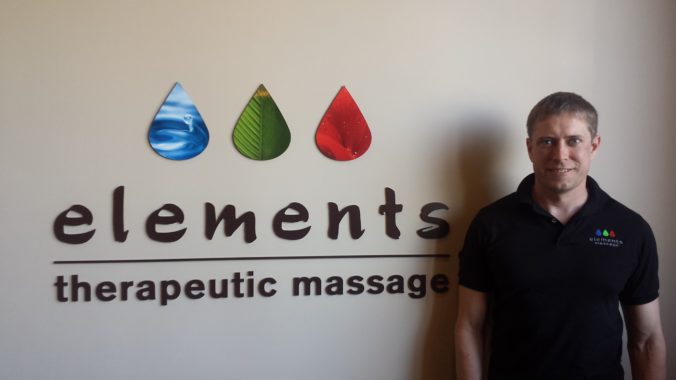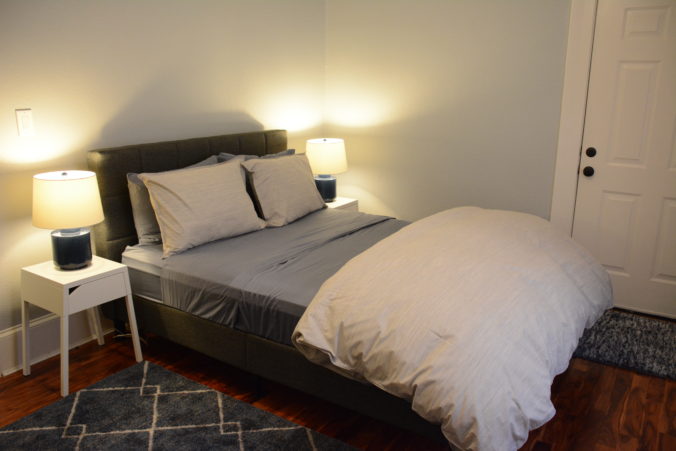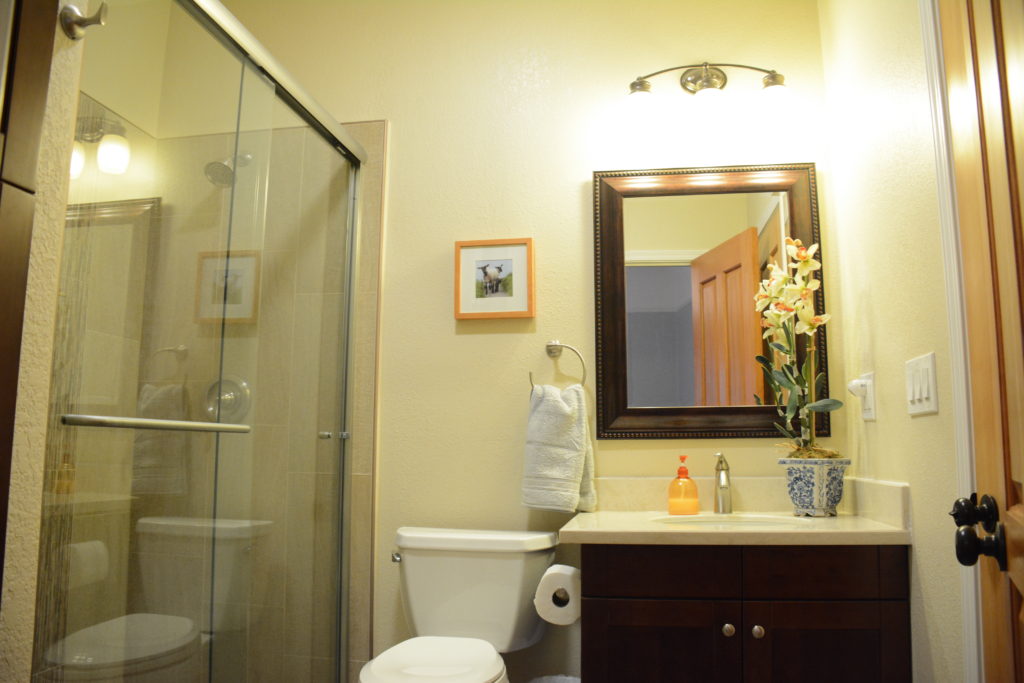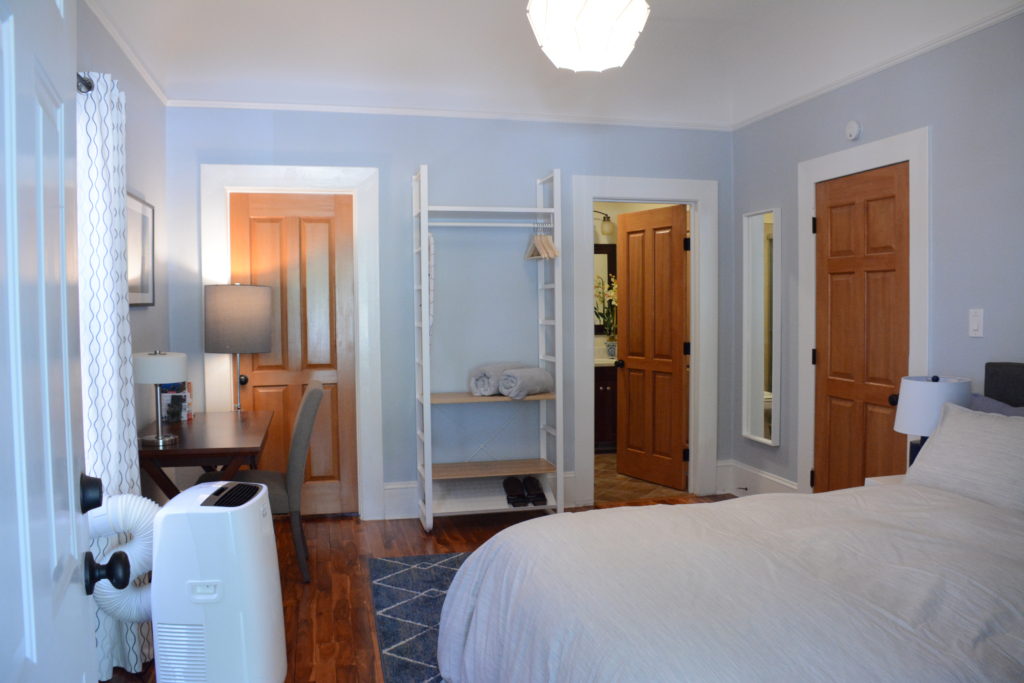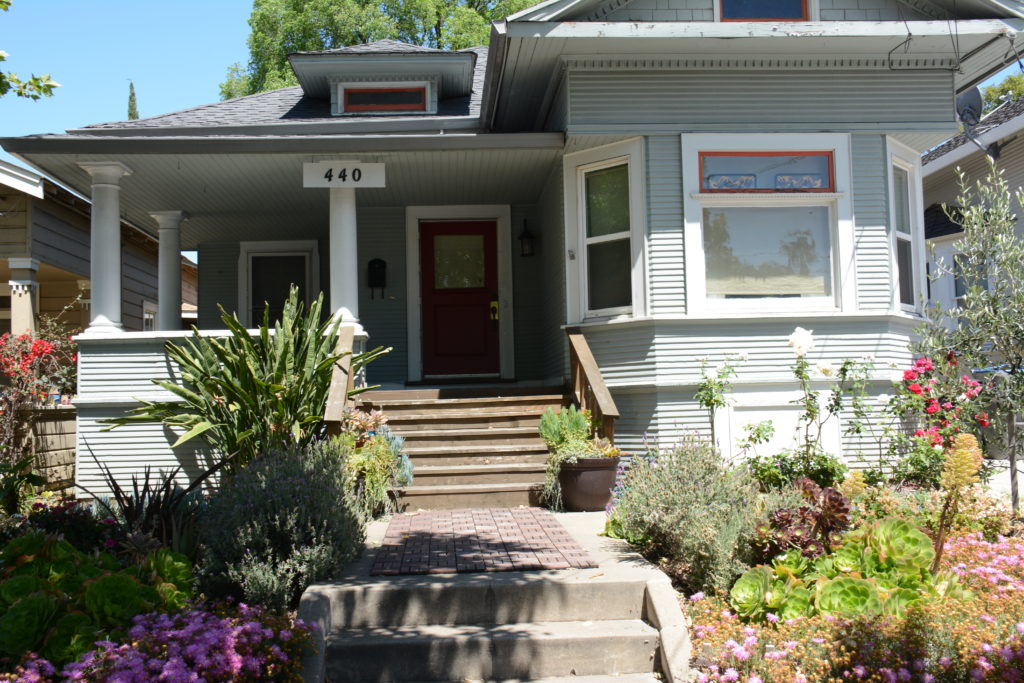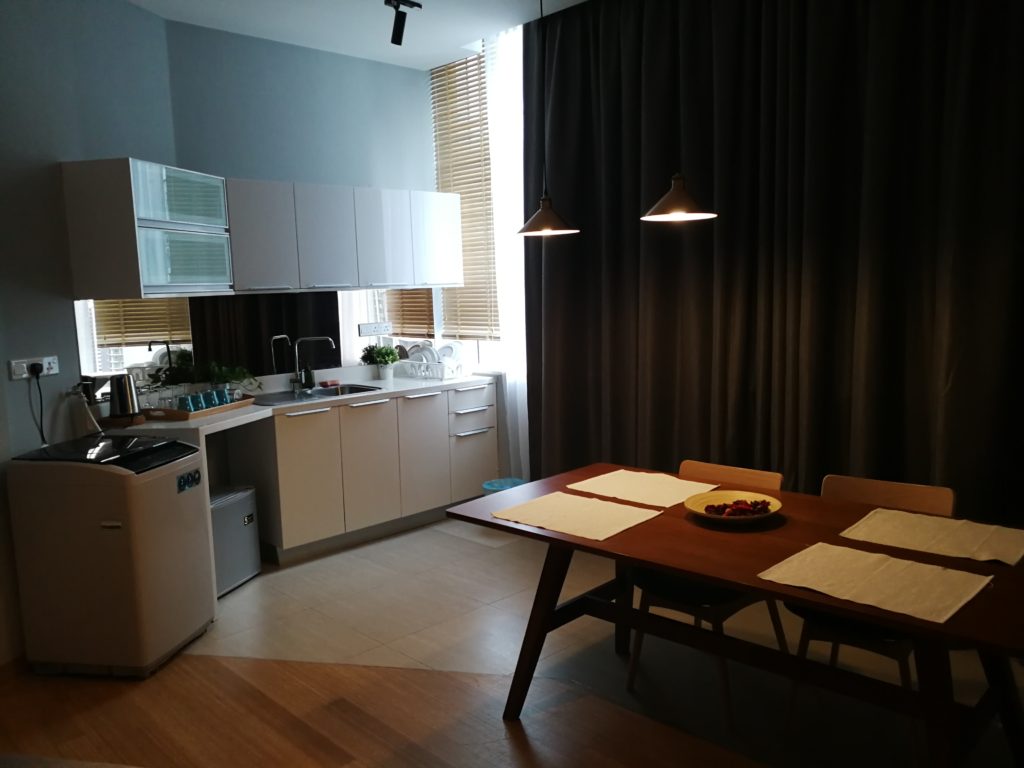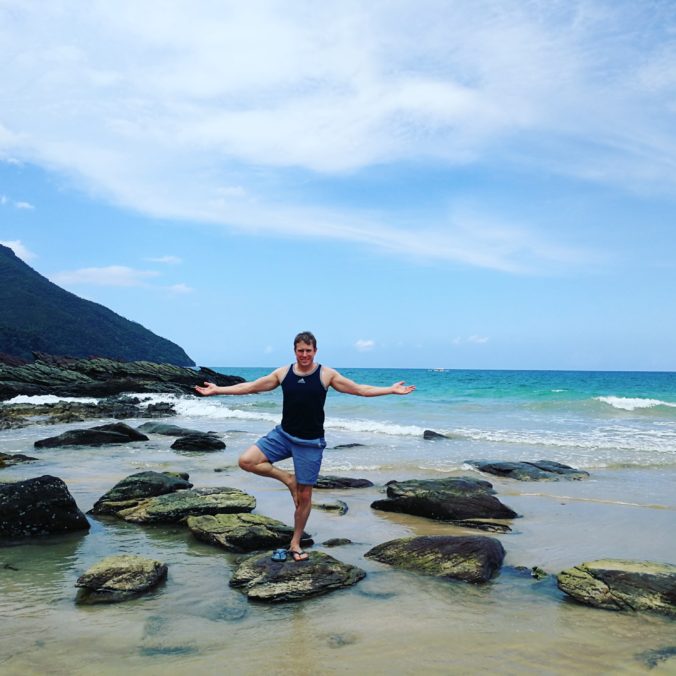When I got serious about quitting my job and going into business on my own, I didn’t know where to start. I looked into franchising because it provides an existing business model and a lot of support.
I bought a massage franchise, grew my location to be profitable, and built up its reputation. I had a manager to run the day-to-day operations, so that I could focus on marketing and growing the business. Most of the time I only had to work about ten hours per week, which I could do from anywhere. I only went in to periodically check on the business and get a free massage. Five years later, I sold the business for a profit.
If you have no experience running a business, or even if you do, a franchise can be a great way to go. Rather than going it alone and figuring everything out for yourself, you partner with a parent company (the franchisor) who provides everything you need to get started.
Franchising is a business model where a parent company, called the franchisor, licenses the use of its business systems and trademarks to independent companies, called franchisees. The franchisee invests their own money to open an independently owned and operated business, following the rules and model of the franchisor. Franchising is regulated by the Federal Trade Commission in the United States, to help make it a safer investment for franchisees.
1. Proven Business Model & Business Systems
When you buy a franchise, you are copying a business model that has proven successful in other locations. You will get many business systems that are already designed for you, so you don’t have to reinvent them, and there may be many that are centralized for economies of scale.
For example, my massage franchise came with a membership business model where I get paid on the first of every month, before my bills are due. They have systems for booking appointments, customer service, marketing, employee training, key performance indicators, and much much more.
Compare this to starting your own business, where you have to make every decision yourself and don’t know what will work.
2. Training & Support
Franchises have a training program for new owners, as well as ongoing support. They have a vested interest in making you successful.
I knew nothing about running a business nor about the massage industry before I started my business. The franchisor provides a week of of classroom training, site visits, workshops and conferences, and tons of online resources.
3. Network of Owners
There is also a network of other franchise owners, who you can always reach out to for help. A good franchise will host regular workshops and conferences to get the owners together.
I got many of my best ideas from other owners, including growing my gift card sales from $12k to $50k in just two years!
4. Semi-Absentee / Manager Run
Some franchises are designed to be semi-absentee, which means that the owner isn’t there every day. They are run by a manager who handles the day-to-day operations. This leaves you, the owner, to focus on high level aspects of the business such as marketing, strategy, and finance. Or you can keep your job, spend more time with your family, travel the world, or become a ski bum. In fact, many franchises are designed especially so that an owner can run multiple locations.
My massage business was exactly like this. I had a manager who took care of all of the employees and customer issues, and freed me up to work on the aspects of the business that I liked – marketing to get in new clients and strategy to grow the business. I was often able to run the business in around ten hours per week, and could work remotely while I traveled.
5. Brand Awareness
Some franchises already have national brand recognition, and your location benefits from the marketing of neighboring locations. It is virtually impossible to build up this level of brand awareness on your own.
6. Business Disclosure
The Federal Trade Commission requires franchisors to share a lot of useful information to potential buyers. This is put in a document called the Franchise Disclosure Document (FDD), which is updated and audited annually. This includes the estimated initial investment, upfront and ongoing fees, franchisor assistance, territory, contracts, etc. This can help you understand the costs of the business, what the franchisor provides, and your role in running it.
Furthermore, before getting into a franchise, you can speak with other owners who can tell you what it’s like to actually run the business. They can tell you how much money they make, what the day-to-day operations are like, and how it is to work with the franchisor.
There is nothing like this if you start a business on your own.
7. Financing
If you don’t have enough money to start the business on your own, it’s much easier to get a Small Business Administration (SBA) loan with a franchise. This is because you can piggyback on the reputation of a national brand, so banks are more likely to approve a loan.
Challenges of Franchising
Like any business, a franchise is not a guaranteed success. It may also have higher costs than running a business on your own, as you will have to pay an upfront franchise fee, ongoing royalties (usually a percentage of your gross income), and may have higher expenses. That said, you’ll be able to anticipate many of the costs (from the Franchise Disclosure Document) and many franchises have a higher success rate than starting a similar business on your own.
There are also bad franchisors out there, who have the wrong priorities and don’t provide the support needed to make their franchisees successful. You should spend time getting to know the franchisor as well as talking to existing franchisees before deciding to go forward.
Getting Started
If you are interested in franchising, I can offer a free consultation. I have run a franchise business myself, and now I work with FranNet to help potential business owners find the right franchise. There are over 3,000 different franchise business concepts out there, but which one is right for you?
I will work with you to understand your goals, strengths, and passions. Then we will explore different franchise concepts, to identify which ones fit your lifestyle and financial goals. You will be able to dig deeper, talk with the franchisor, and understand their business model. You can even speak with other franchisees who are already in business.
There is no cost and no obligation to this service. The only thing that I ask is that if you do engage with me that you follow the process. You can let me know anytime if you decide that it’s not for you.
